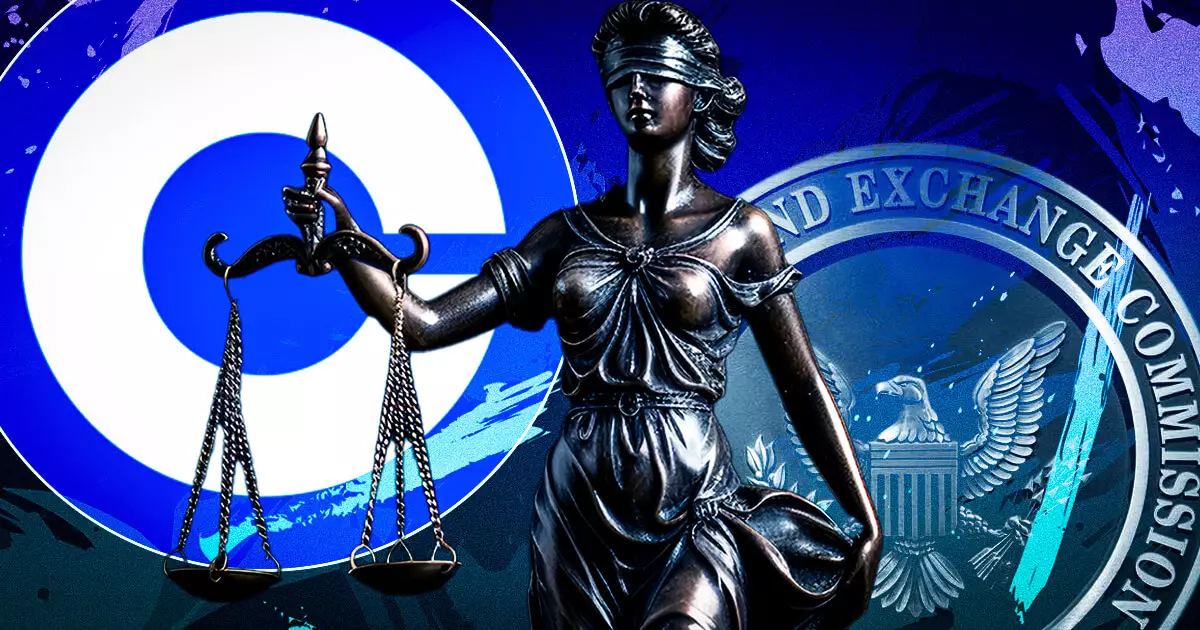The court hearing between Coinbase and the U.S. Securities and Exchange Commission (SEC) on Jan. 17 raised significant concerns regarding the legality of Coinbase’s operations. The SEC alleged that Coinbase had conducted illegal activities, including operating an unregistered national securities exchange, broker, and clearing agency, as well as engaging in the unregistered sale and offering of securities through its crypto staking service. This article will critically analyze the key arguments presented during the court hearing and the implications for both Coinbase and the broader cryptocurrency industry.
The Judge’s Concerns
During the court hearing, Judge Katherine Polk Failla expressed concerns that the SEC’s arguments aimed to broaden the definition of what constitutes a security. She questioned the SEC’s classification of the 13 crypto tokens provided by Coinbase as securities when Coinbase does not issue them. While the judge acknowledged the SEC’s argument that these tokens are part of a larger blockchain network and can be considered investment contracts, she pushed back against the SEC’s attempt to expand the definition of securities.
The SEC’s Arguments
The SEC’s assistant chief litigation counsel, Patrick Costello, defended the classification of the crypto tokens as securities. He argued that the value of each token increases as the value of the network or ecosystem grows, making them akin to investment contracts. However, Costello conceded that the token issuers had not explicitly violated securities laws. It is noteworthy that some prominent cryptocurrencies like Cardano (ADA), Solana (ADA), and Polygon (MATIC) have denied their securities status and are not named as defendants in the SEC’s case against Coinbase.
Judge Failla’s dilemma emerged when she questioned why she should not dismiss the case, as requested by Coinbase itself. She cited Senator Cynthia Lummis’ support for dismissal, highlighting Lummis’ deep involvement in the space and her skepticism towards the sufficiency of current securities tests. The judge echoed Lummis’ sentiment, conveying that these securities laws have been in place for 90 years and may need to be reevaluated in light of the evolving cryptocurrency markets. Although the judge seemed critical of the SEC’s arguments, she refrained from making a ruling, considering both sides to have valid arguments.
The SEC argued that Coinbase misapplied the Howey Test, a legal standard established in 1946 to determine whether a transaction qualifies as an investment contract. According to the SEC, Coinbase failed to demonstrate any straightforward workaround to avoid securities regulations. In response, Coinbase contended that the SEC’s complaint ventured into uncharted territory and urged the court to dismiss the case entirely. Coinbase suggested that the SEC should focus on logical enforcement and rulemaking actions that align with the statutory language, rather than distorting it.
The Judge’s Verdict
Despite Judge Failla’s critical attitude towards the SEC’s arguments, she refrained from ruling on the case during the hearing. Instead, she advised both sides to see the lack of a decision as a compliment, implying that both parties presented viable arguments. The judge’s indecisiveness raises questions about the potential implications for Coinbase and the broader cryptocurrency industry. Any ruling in favor of the SEC could set a precedent affecting the regulatory landscape of the entire digital asset space.
The court hearing between Coinbase and the SEC shed light on the ongoing conflict between regulators and the cryptocurrency industry. Judge Failla’s critical approach and reluctance to make an immediate ruling indicate the complexity and significance of the case. The outcome of this legal battle will shape the future regulatory framework for cryptocurrencies, potentially influencing market dynamics and the extent of regulatory scrutiny. Both Coinbase and the SEC await a verdict that could have far-reaching consequences for their respective interests and the broader cryptocurrency ecosystem.



Leave a Reply